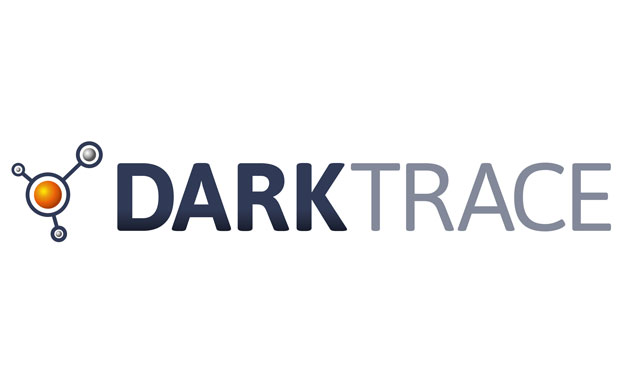Darktrace (original) (raw)
Five years ago, members of the intelligence community joined forces with machine learning experts to build a "cyber immune system". An accountant then helped bring this unique technology to market, launching a cyber security company like no other.
“The spooks, who came from MI5 and GCHQ [the Government’s intelligence agency] all felt that a cyber breach was inevitable,” says Darktrace co-founder Poppy Gustafsson. “The geeks were mathematicians from Cambridge University, all specialists in artificial intelligence (AI). And I was the chief financial officer. I was technically at Darktrace before it existed because I paid £15 to incorporate the company.”
Back then, the cyber security industry was in its infancy. Most corporations relied on firewalls to stave off attacks but Darktrace’s founding team saw that cyber criminals were getting more sophisticated. They created a system that would sit within a network and learn an organisation’s normal activity using AI. “Then, if the pattern changed, we could identify the attack very quickly, and mount a defence,” explains Gustafsson.
This product was named the Enterprise Immune System - riffing off the human body’s own immunological defence process. It became a worldwide hit. Major financial institutions, telecoms providers and governments rely on Darktrace’s knowhow to protect their data and systems. The platform’s response capability, Antigena, which can react autonomously to shut down attacks within two seconds without disrupting the wider business network, has also helped the cyber specialist race ahead of rivals.
The company has achieved coveted “unicorn” status, and was recently valued at £1.26bn following a £40m investment round. The technology has been deployed over 7,000 times around the world.
“The company has grown incredibly quickly,” says Gustafsson. “Cyber security is a problem that is here to stay and we need constantly evolving technologies – like AI – to meet the challenge.” Gartner, the IT research group, predicts that the global spend on cyber security will hit £86.8bn this year, up 12.4% on 2017. The value of the AI market is also set to surge by 70%, almost reaching £1 trillion in 2018.
The business currently employs 800 people “but we are hoping to have hired our 1000th by the end of the year,” says Gustafsson. The skills shortage in cyber security is the only barrier to Darktrace’s growth, she reveals: “There aren’t enough human beings out there with the necessary credentials but we’re working to fill the gap by hiring brilliant graduates and training them ourselves.”
Gustafsson sees no reason that the company’s growth trajectory shouldn’t remain steep. She is targeting other high-risk sectors, such an energy and manufacturing. “We’ve launched Darktrace Industrial,” she says. “You do not want an attacker gaining access to your energy network.”
Having built a stellar reputation in cyber, Darktrace could also now apply its AI knowhow to other challenges, such as risk or compliance. “We are a highly scalable organisation,” Gustafsson says. “Darktrace was the first company to apply AI at enterprise level and we now have a wealth of experience in this arena.”
